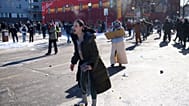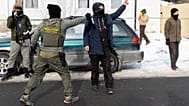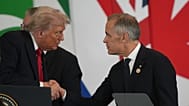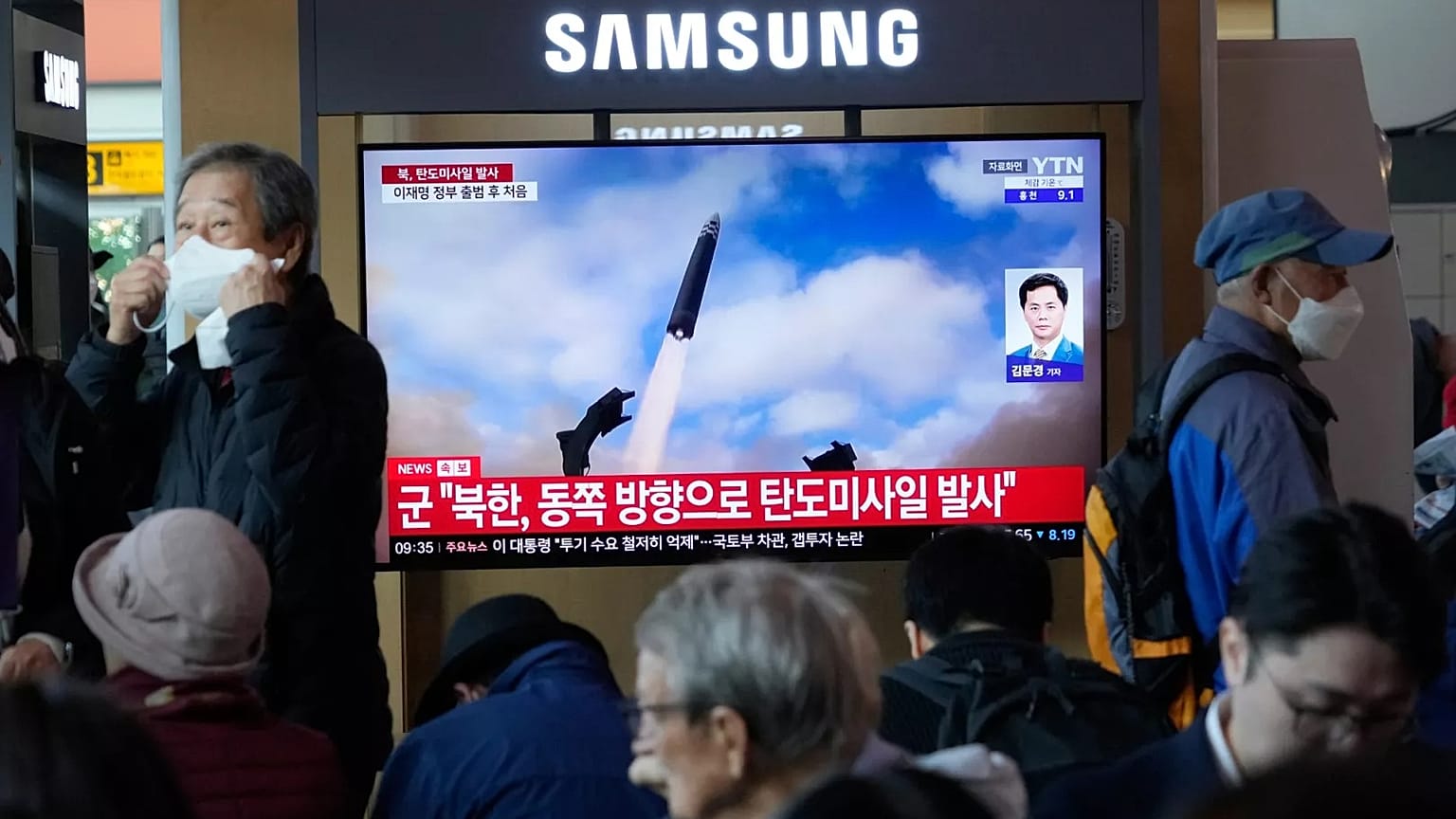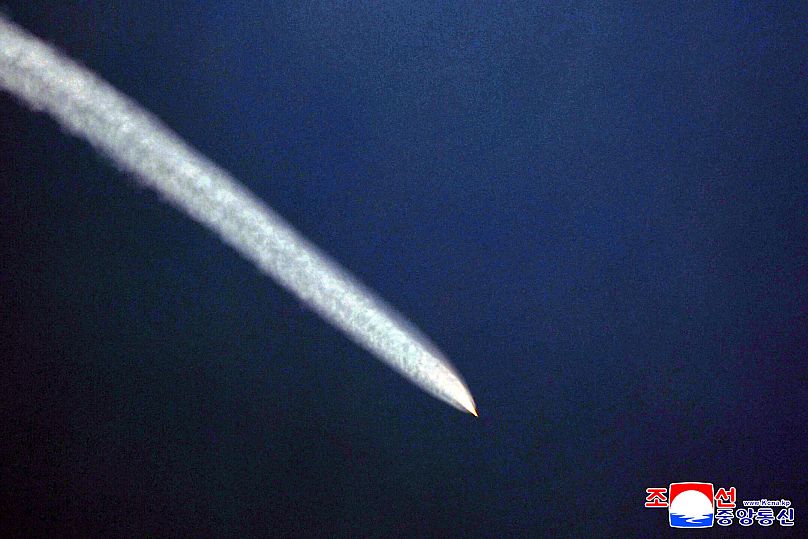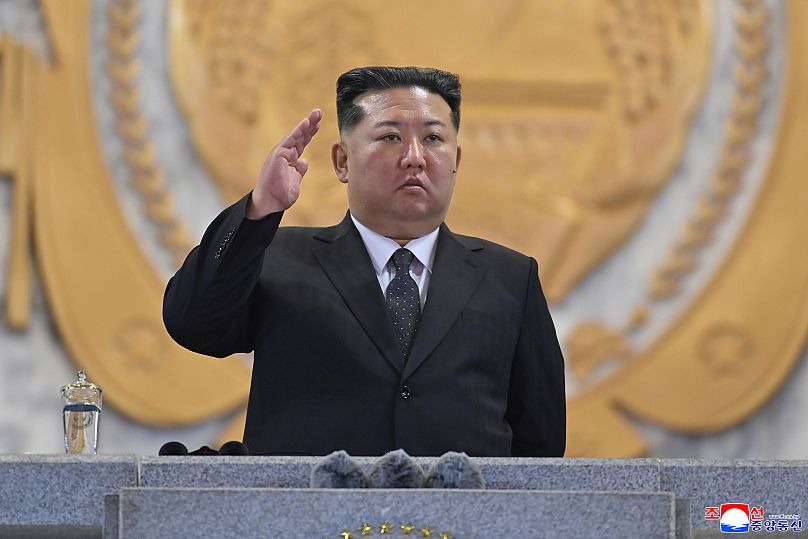At a military parade earlier this month, Kim Jong-un unveiled some of his military's newest weapons, including what appeared to be a short-range ballistic system fitted with hypersonic glide vehicles.
North Korea said on Thursday that its latest missile tests involved a new hypersonic system aimed at strengthening its nuclear war deterrent, as leader Kim Jong-un continues to build up weapons designed to overwhelm South Korean defences.
The report by North Korea's official Korean Central News Agency (KCNA) came a day after South Korea's military said it detected the North firing multiple missiles from an area south of the capital, Pyongyang, and said they flew about 350 kilometres northeast before falling on land.
KCNA said the launches involved two hypersonic projectiles that accurately struck a land target in the country's northern region.
It described the system as strategic, implying that the missiles were designed to be armed with nuclear warheads.
KCNA didn't specify the name of the missile system it tested. At a military parade earlier this month, Kim unveiled some of his military's newest weapons, including what appeared to be a short-range ballistic system fitted with hypersonic glide vehicles.
The tests came days before world leaders, including US President Donald Trump and Chinese President Xi Jinping, are expected to gather in South Korea for the annual Asia-Pacific Economic Cooperation meetings.
The US Forces Korea said in a statement that it was "fully aware" of North Korea's ballistic launches and also its "relentless pursuit of long-range missile capabilities."
It urged the North to refrain from "unlawful and destabilising actions" in violation of UN Security Council sanctions, adding that the US commitment to its alliance with Seoul remains "ironclad."
North Korea in recent years has been testing various missile systems tipped with hypersonic weapons, which are designed to fly at more than five times the speed of sound.
The speed and manoeuvrability of such weapons are meant to help them evade regional missile defence systems, but experts have questioned whether they have consistently flown at the speeds the North claimed during tests.
Pak Jong Chon, one of Kim’s top military officials who attended Wednesday’s tests, lauded the performance of the "new cutting-edge weapon system" and said the North would continue efforts to bolster its defence capabilities.
During a 10 October military parade, Kim also unveiled a new intercontinental ballistic missile (ICBM) that state media described as the country’s most powerful nuclear asset, adding to his growing collection of weapons with potential range to reach the US mainland.
Experts say the North could be preparing to test the missile in the coming weeks, ahead of a major ruling party conference in early 2026, when Kim is expected to announce key policy directions, potentially including his approach toward the United States.
Kim has been sharply accelerating the pace of weapons tests since his high-stakes nuclear diplomacy with Trump fell apart in 2019 due to wrangling over US-led sanctions.
Wednesday's launches were North Korea's first ballistic missile tests since liberal South Korean President Lee Jae Myung took office in June, pledging to restore peace on the Korean Peninsula.
But Kim has so far rejected Lee's offer for talks and has said he won't resume diplomacy with the United States unless Washington abandons its goal of denuclearizing the North.

